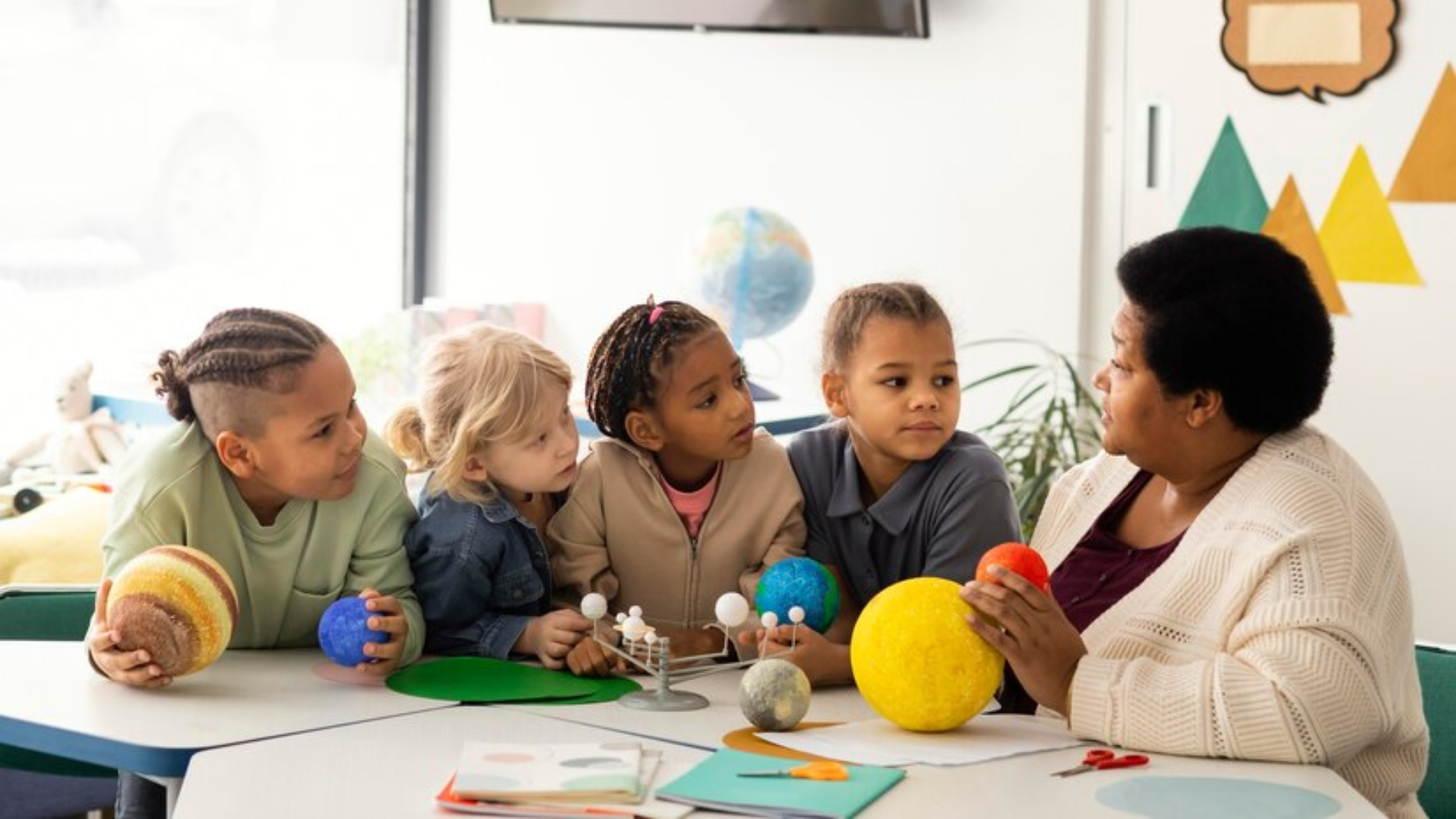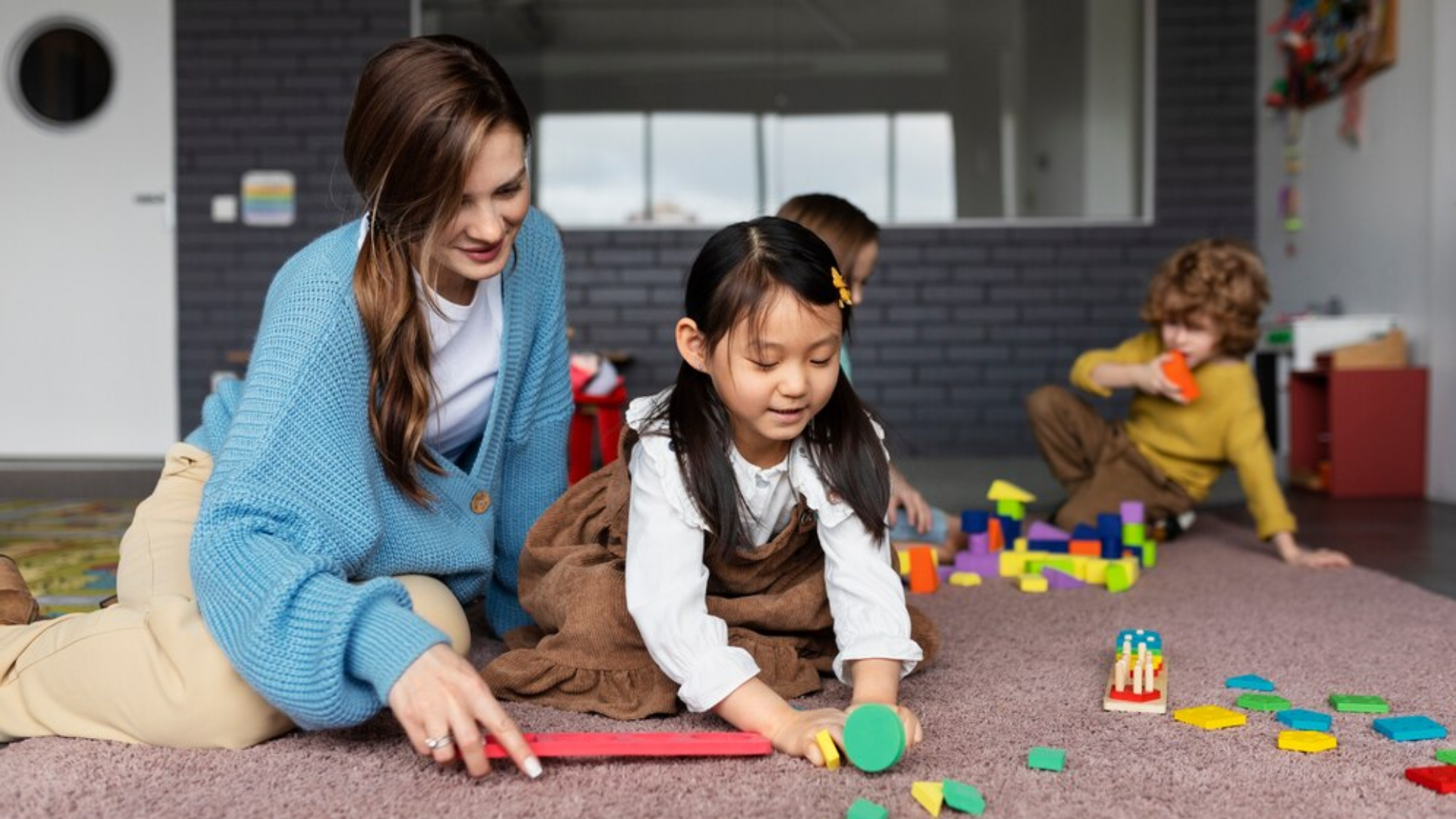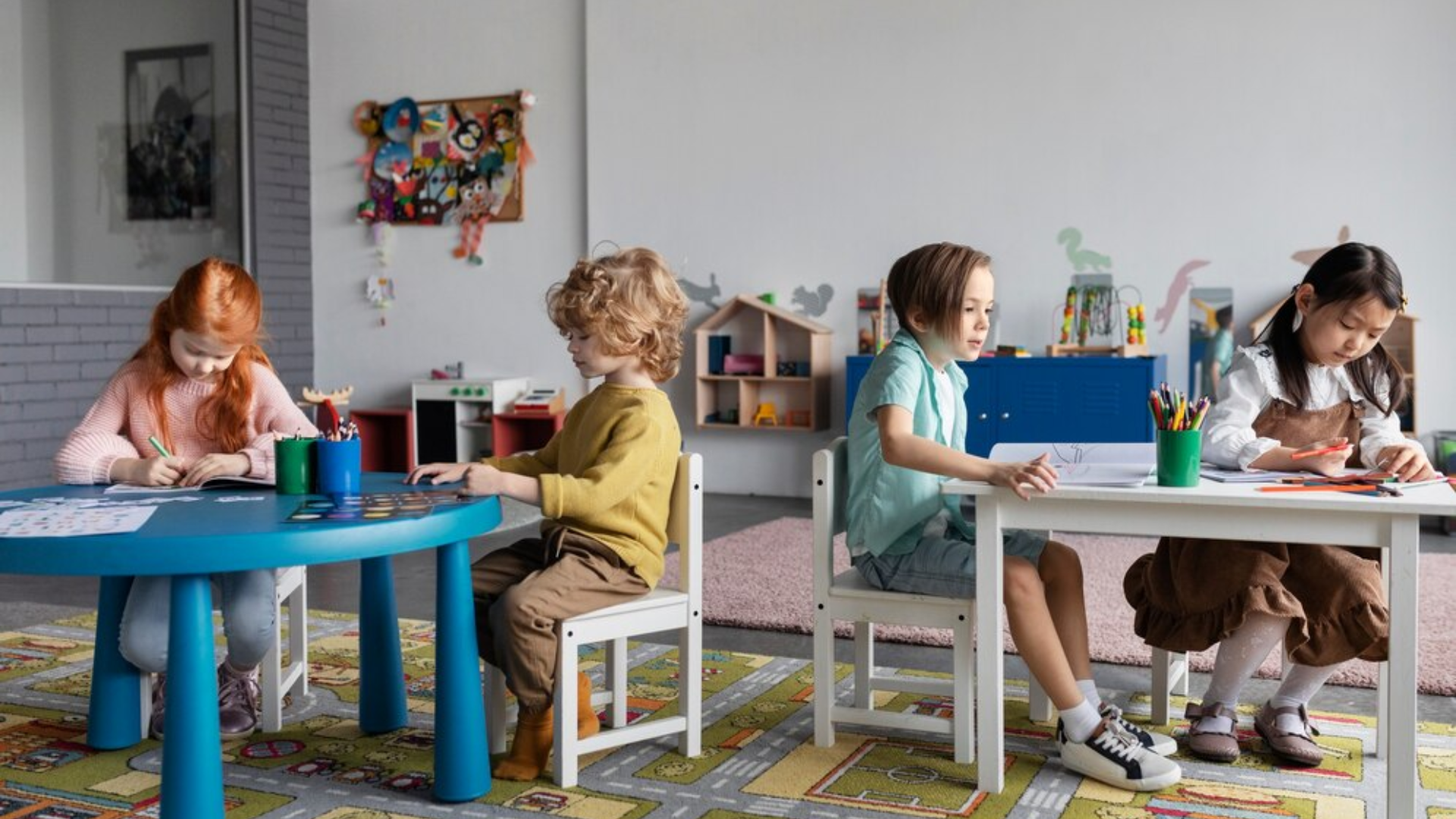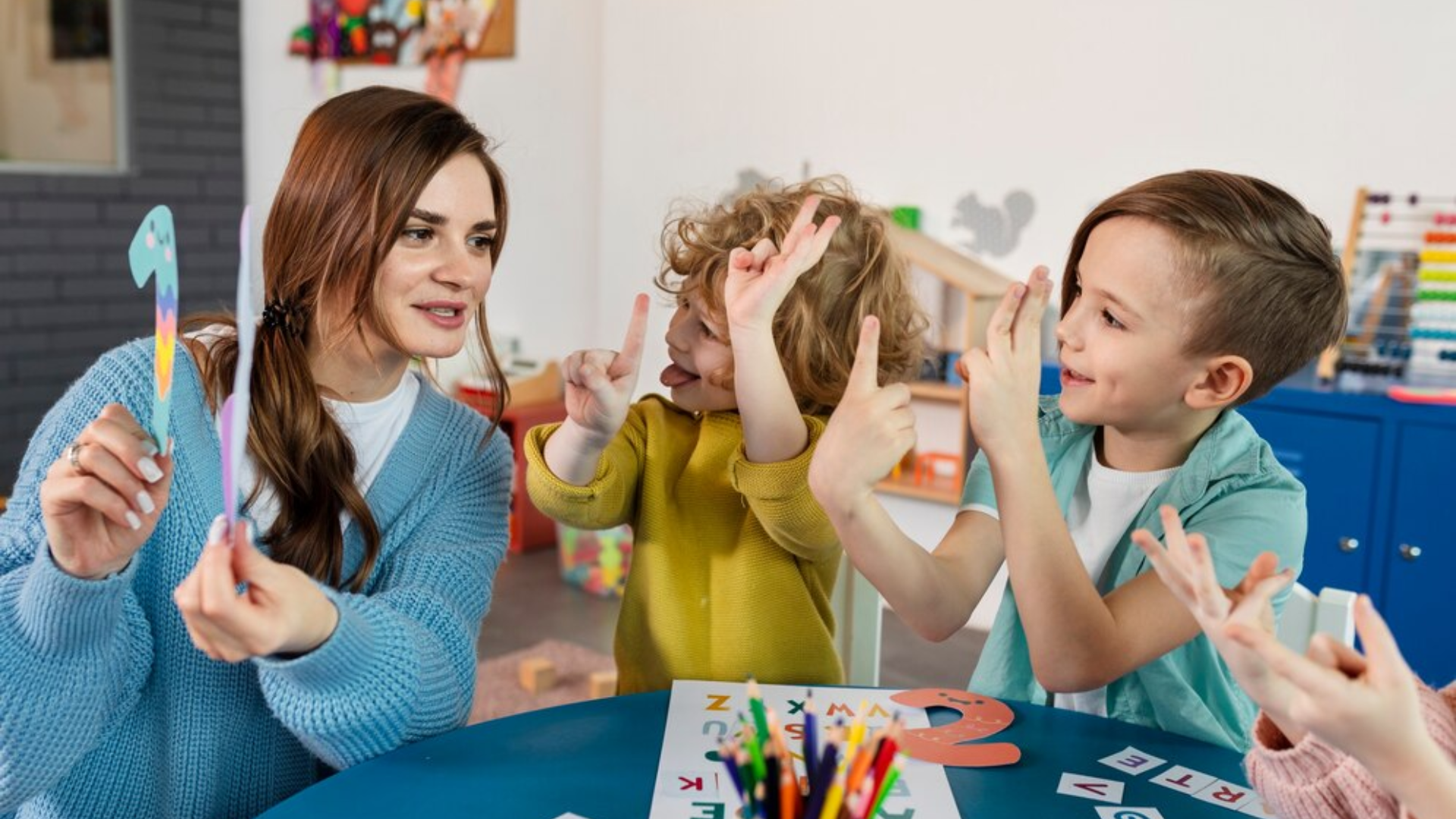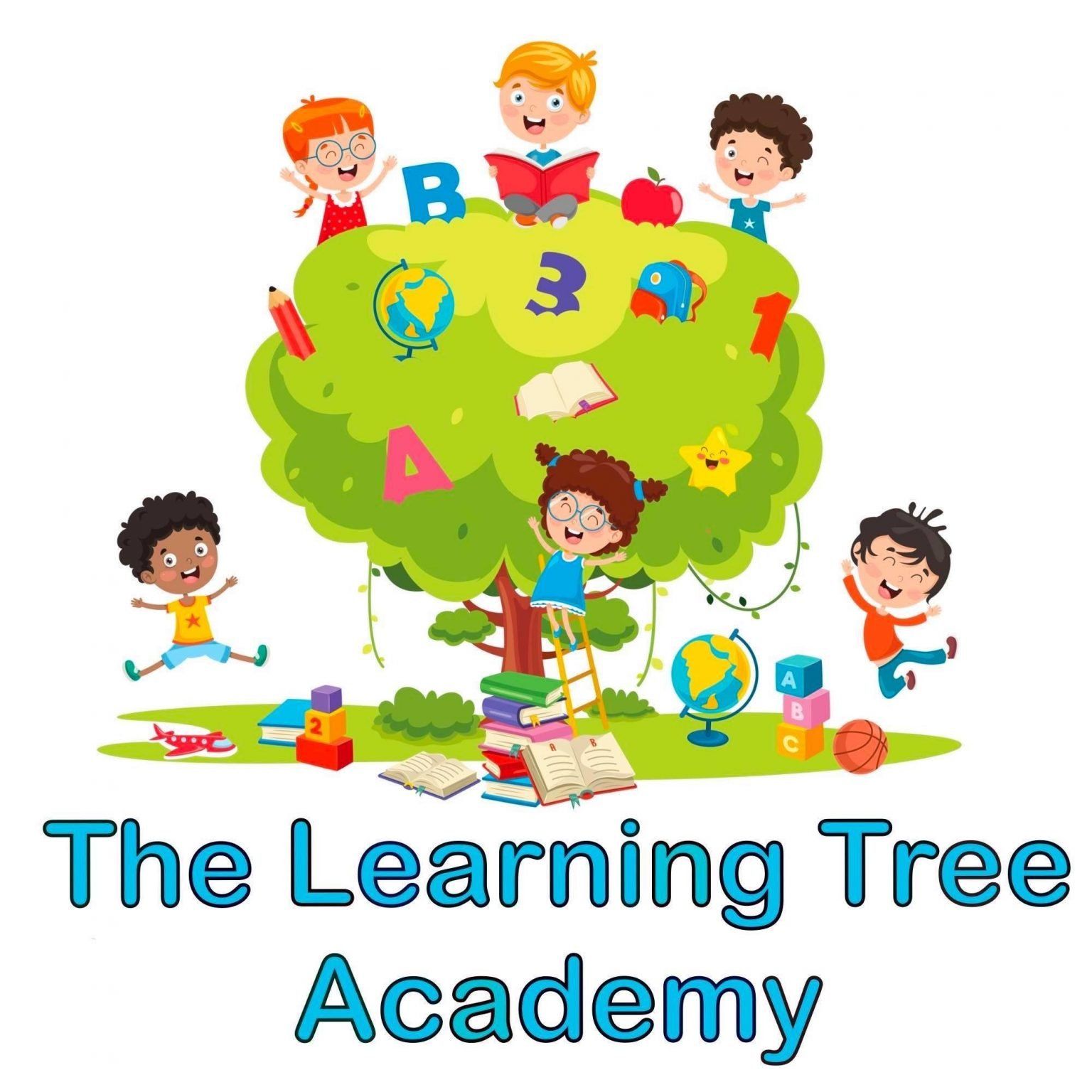The Secret to Helping Your Child Develop Social and Emotional Skills
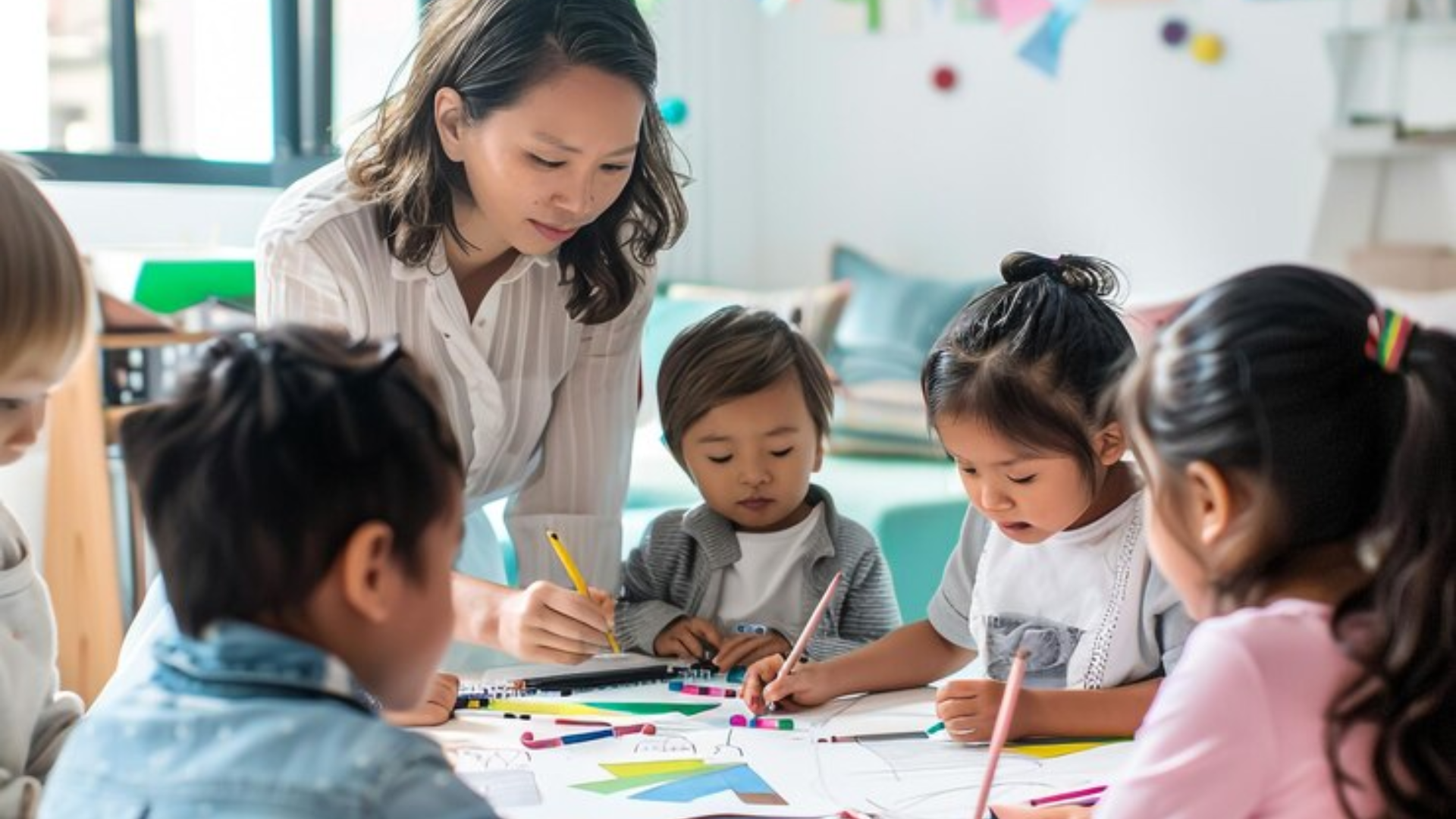
As parents and caregivers, one of the most important gifts we can give our children is a strong foundation in social and emotional skills. These skills are not only vital for navigating day-to-day interactions but also essential for building healthy relationships, managing emotions, and thriving in social environments. Whether it’s learning how to express feelings, make friends, or deal with difficult situations, social and emotional development is key to a child’s overall well-being and success in life.
At The Learning Tree of Palm Bay, we understand the critical role that social and emotional development plays in a child’s growth. Early childhood is a time of significant emotional and social learning, and the way children experience and interact with others can profoundly shape their future relationships and self-awareness. In this blog post, we will explore the secret to helping your child develop these essential skills, and how our nurturing environment supports every child on their journey to becoming emotionally intelligent, socially confident, and resilient.
1. Modeling Positive Social Behaviors
Children are keen observers of the adults around them, often mimicking the behaviors they see. As a parent or caregiver, one of the most powerful ways to help your child develop social and emotional skills is by modeling positive behaviors. Children learn by observing their environment, and when they see adults managing their emotions, expressing feelings appropriately, and interacting with others in a respectful and compassionate way, they are more likely to adopt those behaviors themselves.
For example, if you are feeling frustrated or upset, take a moment to explain to your child what you're feeling and how you are managing those emotions. This teaches children that it’s okay to experience negative emotions but important to handle those feelings in a healthy and constructive manner. Model behaviors like deep breathing, expressing feelings with words, and taking a break when emotions get overwhelming. By modeling self-regulation, empathy, and problem-solving, you provide your child with real-life examples of how to navigate emotions and relationships.
It’s also important to show how to interact with others. For instance, when talking to a friend or colleague, demonstrate active listening, respect for differing opinions, and conflict resolution. Children who see these behaviors in action are more likely to understand the importance of maintaining positive relationships and communicating effectively with others.
At The Learning Tree, we encourage parents to model these behaviors at home and work in partnership with our educators to ensure consistency between school and home. Our teachers also model appropriate social behaviors during classroom activities, helping children learn how to communicate, share, cooperate, and resolve conflicts in a positive way. When children witness positive interactions at both home and school, they internalize those behaviors, making them more likely to display them in their own interactions.
2. Encouraging Emotional Awareness and Expression
One of the first steps in developing emotional intelligence is teaching children to identify and express their emotions. Young children may not always have the words to describe how they feel, which can lead to frustration and emotional outbursts. As parents, it’s important to help your child recognize and label their emotions. This allows them to better understand what they are feeling and find ways to express those feelings in a healthy manner.
Start by introducing simple emotions vocabulary, such as happy, sad, angry, scared, or excited. You can prompt your child to reflect on how they feel during different situations. For example, when your child is playing with a toy, you might say, “It looks like you’re feeling happy because you’re having fun!” On the other hand, if they are upset, gently ask, “I see that you are feeling sad. Can you tell me why?” By labeling emotions, you help your child become more aware of their feelings and give them the language to express them appropriately.
Encouraging your child to talk about their emotions can prevent emotional outbursts and build emotional resilience. You can also introduce emotional tools like mood charts or emotion cards to help your child visually identify their feelings. Children who learn to recognize and express their emotions are better equipped to cope with life’s challenges.
At The Learning Tree, we incorporate activities and discussions that promote emotional awareness. Our teachers use books, games, and role-playing scenarios to help children explore different emotions, learn about facial expressions, and understand the connection between emotions and behavior. By teaching children to recognize and communicate their feelings, we equip them with the tools they need to build positive relationships and cope with life’s ups and downs.
3. Promoting Empathy and Understanding
Empathy—the ability to understand and share the feelings of others is a vital social skill that can be nurtured from a young age. Teaching your child to be empathetic not only strengthens their social relationships but also helps them build compassion, kindness, and a deep sense of connection with others. Empathy is a skill that can be developed through practice, encouragement, and positive reinforcement.
To promote empathy, encourage your child to consider how others might feel in different situations. For example, if a friend is upset, you might say, “It looks like Tommy is feeling sad because he lost his toy. How do you think he feels? What can we do to help him feel better?” You can also read books or watch movies that highlight empathy, asking questions like, “How do you think the character felt in that situation?” This helps children understand and consider others’ emotions, encouraging them to respond with kindness and support.
Additionally, empathy can be taught by modeling compassionate behavior. Show your child how to comfort others when they are upset, offer help when someone is in need, and express gratitude when someone does something kind for them. By teaching your child to recognize and respond to the emotions of others, you are fostering a deep sense of empathy that will benefit them throughout their lives.
At The Learning Tree, we integrate empathy-building activities into our daily routines. Through cooperative play, group activities, and conflict resolution exercises, children learn to care for others, express kindness, and practice understanding. Empathy is woven into our curriculum, helping children build strong, supportive relationships with their peers.
4. Teaching Conflict Resolution and Problem Solving
Conflicts are a natural part of life, and learning how to resolve them peacefully is a crucial social skill. Young children often struggle with conflict resolution, as they may not yet have the vocabulary or strategies to navigate disagreements. As a parent or caregiver, it’s important to teach your child how to resolve conflicts calmly and respectfully, using effective problem solving techniques.
When your child experiences a conflict, help them identify the problem and guide them toward finding a solution. For example, if two children are arguing over a toy, help them think of fair ways to share or take turns. Encourage your child to use words to express their feelings and desires, and guide them in negotiating a resolution that satisfies everyone involved. Use phrases like, “Let’s think of a way to solve this problem together” or “What’s another way you can solve this issue?”
It’s important to remind your child that conflicts are not “bad” but rather opportunities to practice important life skills like communication, compromise, and understanding. The more your child practices conflict resolution and problem-solving, the more confident and capable they will become in handling challenging situations.
At The Learning Tree, our educators guide children through conflict resolution using simple strategies and techniques. We teach children to express their needs, listen to others, and negotiate when conflicts arise. By providing a structured and supportive environment for resolving conflicts, we help children build strong problem-solving skills and learn how to manage their emotions in challenging situations.
5. Providing Opportunities for Social Interaction
Social skills are best learned through practice. One of the most effective ways to help your child develop these skills is by providing opportunities for them to interact with other children. Playdates, group activities, and cooperative games are all excellent ways for children to practice sharing, taking turns, and cooperating with their peers.
When children interact with others, they learn important social lessons such as how to cooperate, negotiate, and resolve conflicts. These interactions also teach children about empathy, respect, and how to communicate effectively with others. Encouraging your child to engage in group activities helps them learn how to work in teams, share resources, and develop positive relationships.
At The Learning Tree, we provide a variety of opportunities for children to engage in social interactions. Whether it’s during free play, group projects, or circle time, children are encouraged to communicate, collaborate, and form positive relationships with their peers. Our teachers facilitate these interactions, ensuring that children have the support they need to develop strong social skills. Through structured group activities and collaborative play, children learn to build friendships, resolve conflicts, and work together to achieve common goals.
6. Creating a Supportive and Nurturing Environment
Finally, one of the most important aspects of developing social and emotional skills is being in a supportive and nurturing environment. Children need to feel safe, respected, and valued in order to thrive socially and emotionally. A positive environment fosters a sense of belonging and confidence, which is essential for healthy emotional development.
At
The Learning Tree, we create an environment where every child feels supported and encouraged. Our educators provide positive reinforcement, offer gentle guidance, and celebrate each child’s unique strengths. We understand that every child develops at their own pace, and we provide a flexible, individualized approach to ensure that each child’s social and emotional needs are met. By building a caring and inclusive environment, we help children develop the self-esteem and social confidence they need to build strong relationships and navigate their emotions.
Helping your child develop strong
social and emotional skills is just as important as choosing the right early learning center. When evaluating a
quality early learning center, it's essential to consider how the environment nurtures emotional intelligence, positive relationships, and conflict resolution skills. At
The Learning Tree of Palm Bay, we incorporate a
hands on learning approach that encourages children to explore emotions, develop empathy, and build social confidence through interactive and engaging activities.
Conclusion: The Power of Social and Emotional Development
Social and emotional skills are the foundation for your child’s success in school, relationships, and life. By modeling positive behaviors, promoting emotional awareness, fostering empathy, teaching conflict resolution, and providing opportunities for social interaction, you can help your child develop these essential skills. At The Learning Tree of Palm Bay, we are committed to providing a nurturing environment where children can learn, grow, and thrive socially and emotionally.
The secret to helping your child develop social and emotional skills lies in providing them with the tools, support, and experiences they need to navigate the world around them. With patience, practice, and guidance, your child will grow into a confident, compassionate, and emotionally intelligent individual. We are proud to be part of this important journey and look forward to helping your child reach their full potential.
